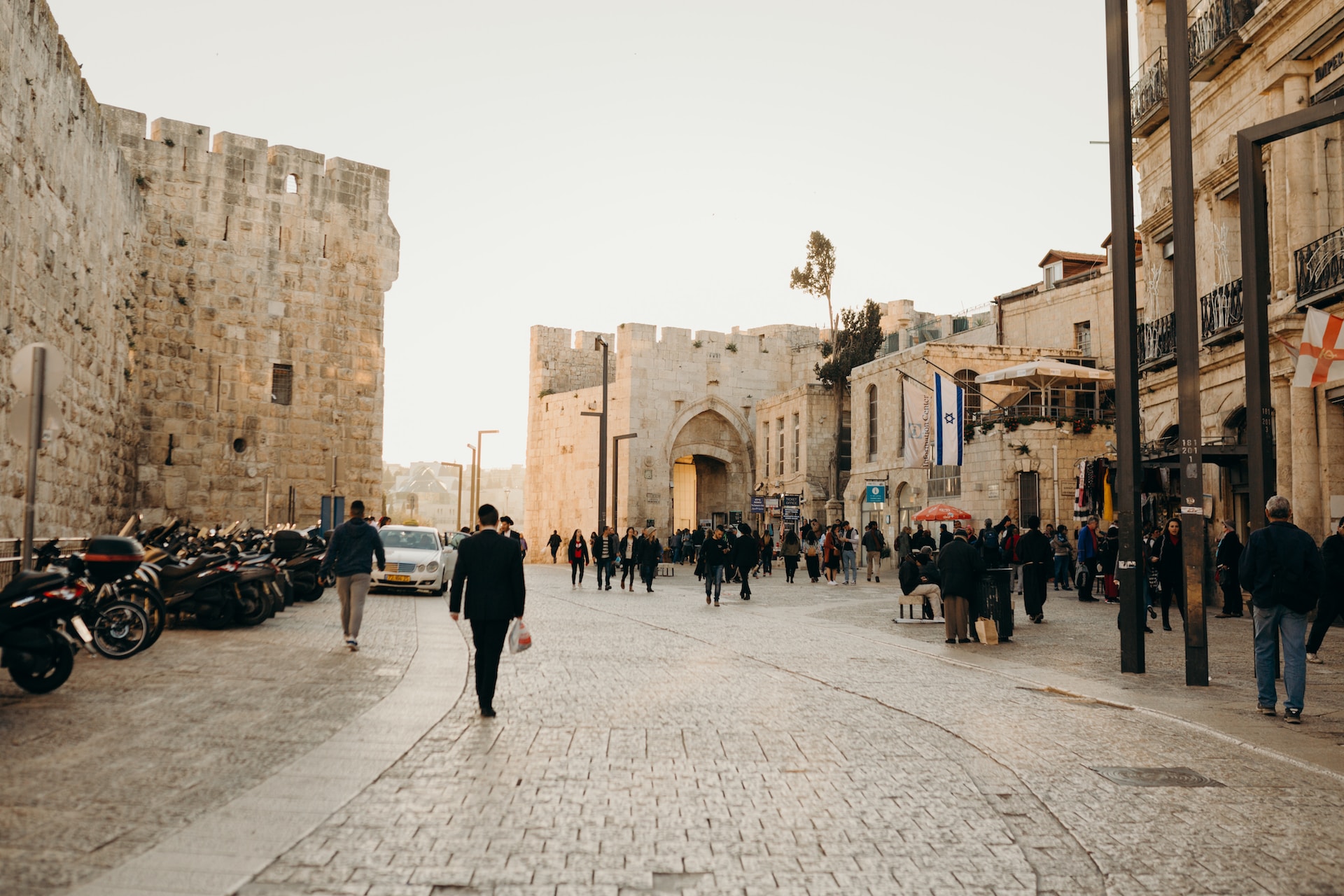
Israel, a country often characterized by its religious intensity and conflicts, presents an intriguing paradox. Despite the common perception, a significant portion of its Jewish population identifies as secular. This secularism exists in stark contrast to the deeply entrenched religious practices of some communities, particularly the ultra-Orthodox, or Haredim.
Secularism in a Religious Land
In Israel, home to approximately 7 million Jews, Jewish identity intertwines religious and ethnonational elements. However, religious observance varies widely. A 2021 survey by the Israeli Central Bureau of Statistics revealed that about 45% of Israeli Jews over 20 consider themselves secular. Only 10% identify as Haredim, the group known for its stringent adherence to Jewish law.
Cultural Jewish Identity
For individuals like Naor Narkis, a Tel Aviv native and founder of Enlightened Israel, Jewish identity is rooted more in culture and history than in religious practice. Narkis’ organization promotes liberal values and advocates for the separation of religion and state. This viewpoint resonates with many secular Israelis who find commonality in language and heritage rather than in religious beliefs.

The Haredi Community: Tradition vs. Modernity
The Haredi community is defined by its rigorous interpretation of Jewish law, encompassing all aspects of life. This community often avoids modern technology like smartphones, perceiving them as gateways to unwanted influences. However, a growing number of Haredi individuals are leaving this insular lifestyle, spurred by organizations like Out for Change, which assists them in integrating into broader society.
The Personal Journey of Departure
Tamar Shabtai, a former Haredi from Jerusalem, exemplifies the challenges faced by those who leave. Shabtai’s transition was marked by a shift in education and lifestyle, leading to strained family relationships and lost friendships. Her story mirrors the experiences of many ex-Haredim who struggle to find their place in a society vastly different from the one they left.
Maintaining Ties to Religion
Despite leaving the ultra-Orthodox community, many ex-Haredim retain some form of religious practice. An Out for Change poll indicates that while only a minority identify as secular, others continue to observe religious traditions, albeit outside the strict confines of the Haredi community.
Social Pressure and Personal Choice
The decision to leave the Haredi lifestyle often stems from social rather than theological reasons. As Gilad Malach of the Israel Democracy Institute notes, the desire for personal expression often conflicts with the communal norms of the Haredi world.
Conclusion
Israel’s religious landscape is a mosaic of beliefs and practices, reflecting the diverse ways its citizens engage with their Jewish identity. From the secular to the ultra-Orthodox, each group navigates its unique path, contributing to the rich tapestry of Israeli society.
©jewishsolidarity.org
